Planning Pays Off: 5 Strategies to Get the Most Out of Your Delivery Speed Choice
January 3, 2025
5 min read
Recent Trends in B2B Shipping Services
The size of the logistics market in India in 2024 was calculated at $317.3 bn. The projected growth is $484 bn, with an annual growth rate of 8.8 percent. Technological advancements are the new way forward in the B2B shipping sector, and the industry will agree on this.
New technologies like Transportation Management Systems (TMS) streamline the planning, management, and execution of goods movement. Today, we’ll discuss some of the interesting trends shaping the way B2B shipping services operate.
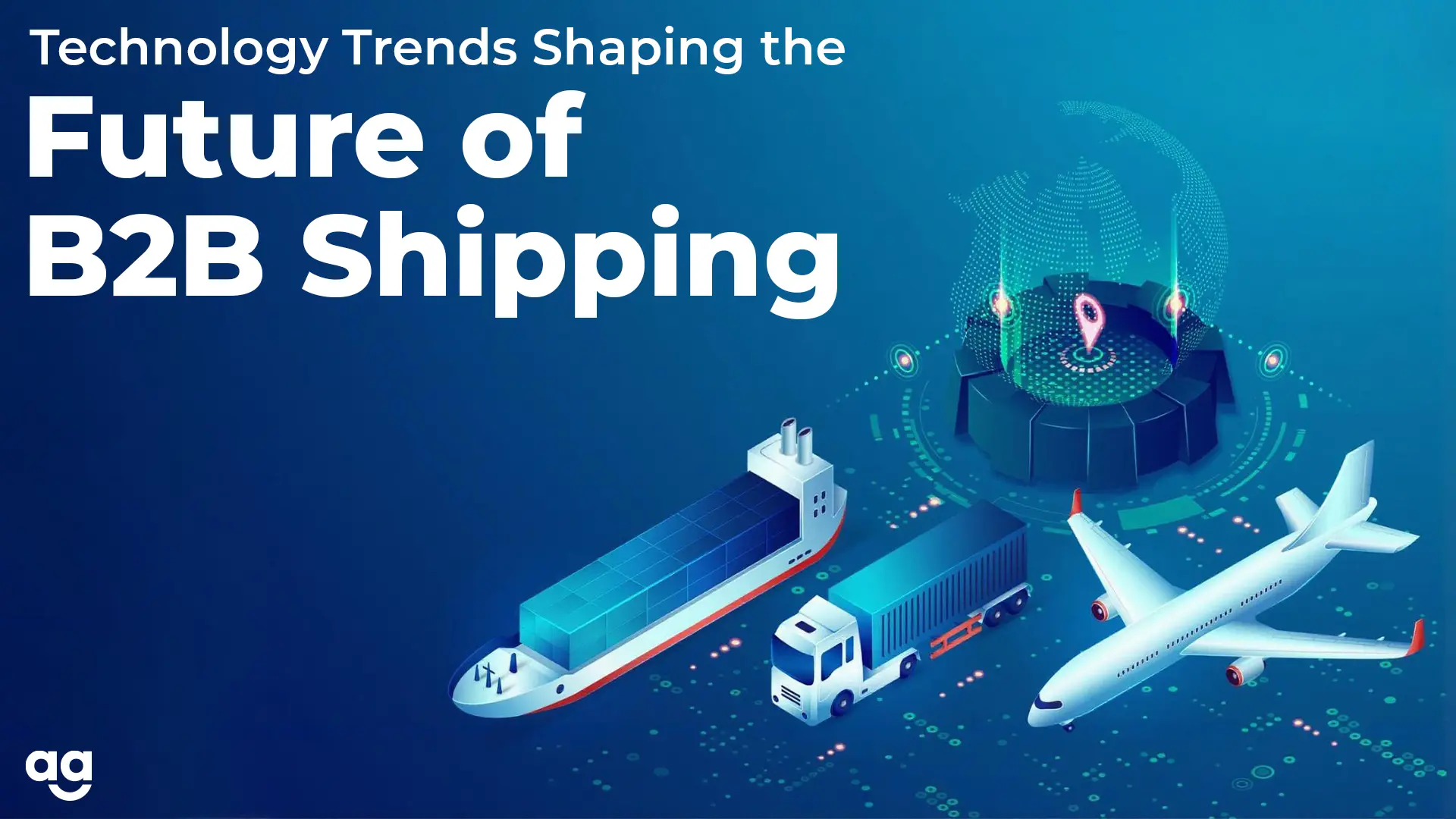
The Role of Technology in B2B Shipping
Where do we stand in terms of technology in shipping and logistics today? The Indian B2B shipping sector is comparable with most developed nations. Technologies at various levels determine how shipping is done, from order receipts to last-mile deliveries.
Here are a few of the prominent technological advancements:
Omnichannel Fulfilment
Shipping companies are now doing business on social media such as Instagram, WhatsApp, TikTok, and email, so they allow better reach for customers. The business even extends to Virtual Reality (VR), Augmented Reality (AR), and Artificial Intelligence (AI).
Automation and Warehouse Robotics
Automation also plays a significant role in operating B2B shipping services today, increasing efficiency and saving time and costs. A few of the areas in which automation takes place are:
- Warehouse robotics
- Self-driving vehicles
- Integrated and predictive software
- Cloud logistics
- Real-time visibility
Predictive Alerting
Predictive alerting is an AI-driven system involving machine learning and deep learning software. It streamlines the logistic sequence for a more efficient and rapid transit of goods from the point of origin to the ultimate destination.
Sustainability Matters
Sustainability is a top-priority aspect of commerce today. It is the process of reducing the carbon footprint. Using paperless transactions, electric vehicles, and recyclable materials are some sustainable measures that make B2B shipping companies more sustainable.
Human-centered Artificial Intelligence (HCAI)
Further development of artificial intelligence has given rise to augmented intelligence. It comes under the category of Human-centered Artificial intelligence (HCAI). It merges AI with human capabilities seamlessly to improve productivity through innovation and creativity.
Blockchain Technology
Today, blockchain technology is slowly becoming the mainstream process in various sectors. It enables faster payments, eliminates paper invoices, and reduces fraud risk. Thus, blockchain technology has a promising future in the shipping and logistics sector.
Cloud Logistics
The universal availability of cloud platforms is a great boon to the shipping and logistics sector. Storage and transfer of Big Data has become an integral part of business processes. It helps with cost and time savings powered by the Internet of Things (IoT) and has revolutionized the way B2B shipping services operate.
Technology Paves the Way for B2B Shipping
Technology is transforming the rapidly growing logistics and shipping sector. In India, the market value of warehousing, which was $1,501.2 bn in 2019, is projected to reach $2,821 billion by 2024.
The integration of AI, automation, cloud technology, blockchain, and predictive alerting, helped by IoT, is shaping the future of the logistics sector and B2B shipping.
Forward-thinking logistic providers like Shipyaari will continue to lead the way. The company uses technology that promotes sustainable and reasonable shipping for your brand.
Sign up with the platform today to start a meaningful logistics journey!
Frequently Asked Questions
Complex supply chains, customs regulations that are not cost-friendly, high transportation costs, and limited visibility are some factors that challenge ongoing B2B shipping.
Consider carrier expertise, service offerings, pricing, and track record while selecting a shipping partner.
Technology can streamline processes, improve visibility, and reduce costs. The proper use of shipping management software, real-time tracking, and automation optimization of operations.
Effective B2B shipping will give businesses a greater competitive edge, save costs, boost customer satisfaction, and shorten time to market.
Suggested Reads
Hyperlocal Personalization: Tailoring Experiences for Local Customers
Introduction The eCommerce industry in India has witnessed a rapid growth of hyperlocal services in
Continue ReadingDec






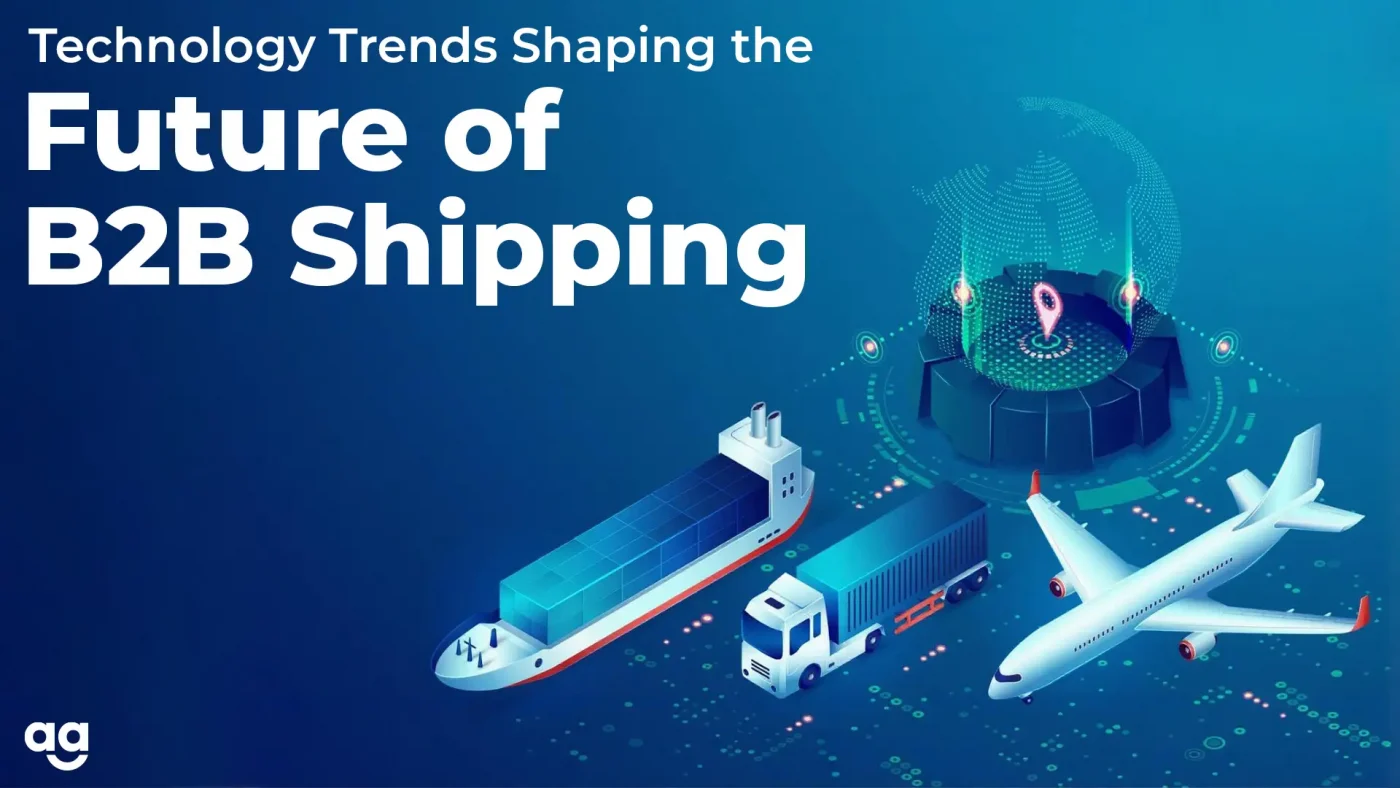



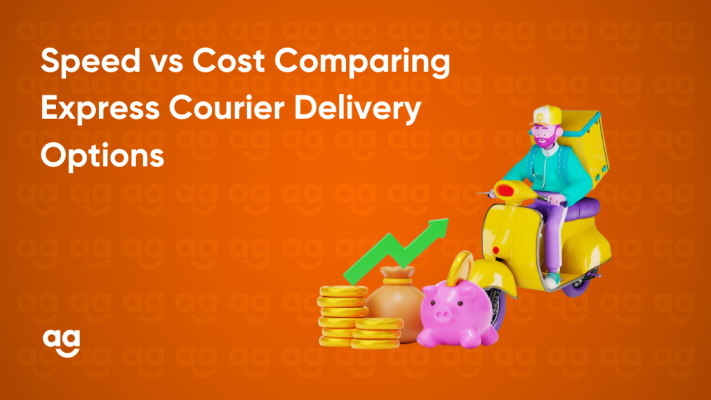

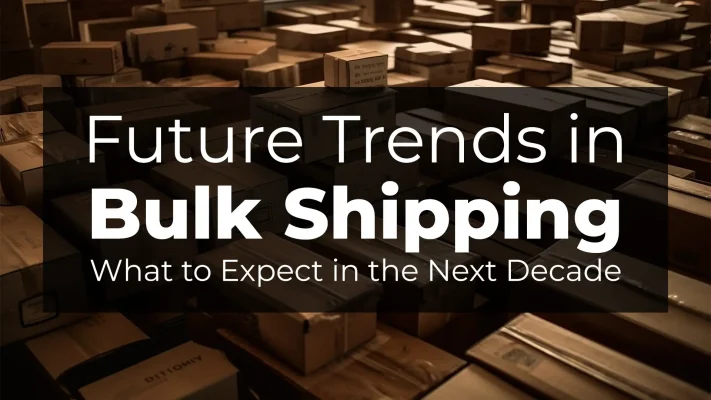
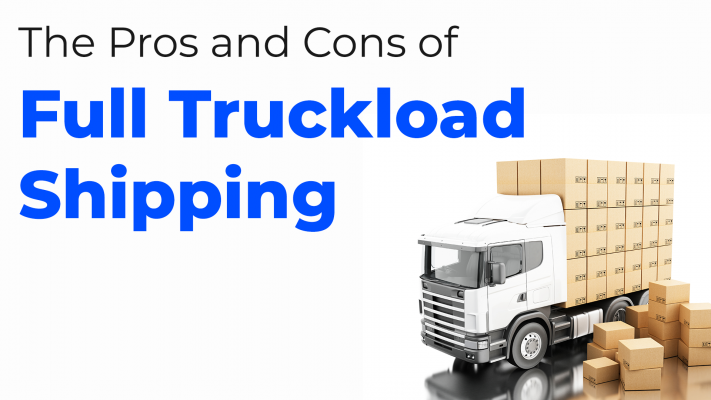
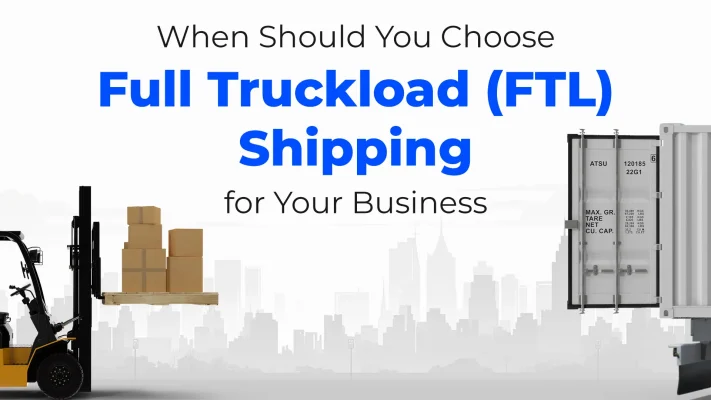

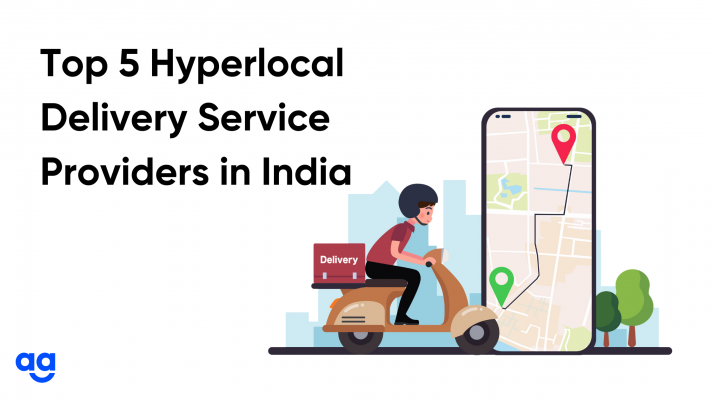
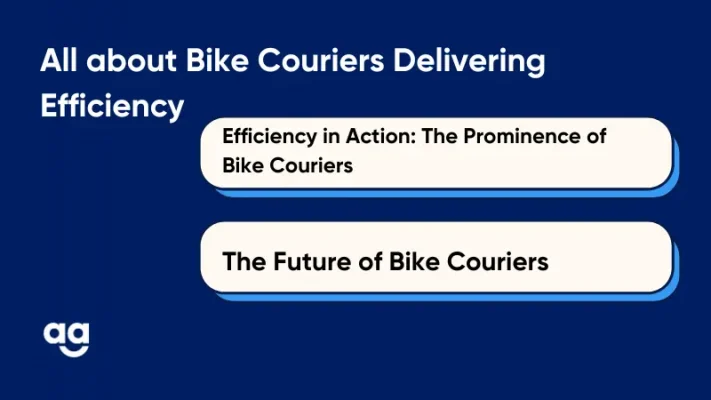
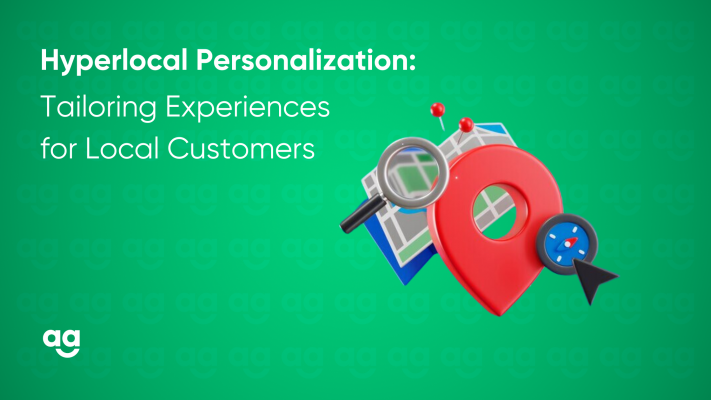
 Shipping
Shipping







